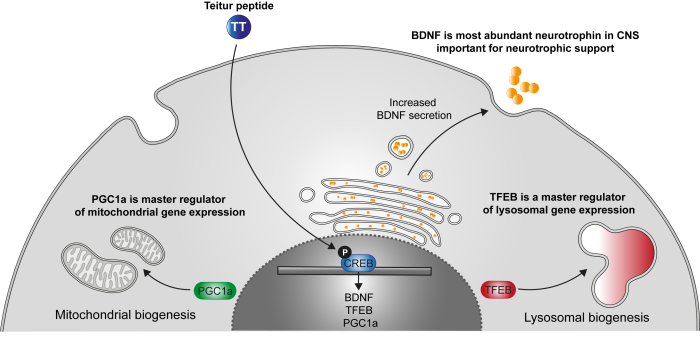Overview
Parkinson’s disease (PD) occurs when brain cells that make dopamine, a chemical that coordinates movement, stop working or die. Because PD can cause tremor, slowness, stiffness, and walking and balance problems, it is called a “movement disorder.” But constipation, depression, memory problems and other non-movement symptoms can also be part of PD. PD is a lifelong and progressive disease, which means that symptoms slowly worsen over time.
PD is caused by a combination of factors with researchers estimating 30 percent of the risk in developing PD is explained by genetics. Less than 10 percent of this risk has been explained by known genetic links, which suggests that more Parkinson’s genes have yet to be discovered.
Changes also occur in the brains of people, including the presence of abnormal protein aggregates, called Lewi bodies, affecting neuronal health.
Although many substances are found within Lewy bodies, scientists believe an important one is the natural and widespread protein called alpha-synuclein (a-synuclein). It is found in all Lewy bodies of which cells are unable to dispose. This is currently an important focus among PD researchers.
One major consequence of these aggregates is mitochondrial dysfunction. Mitochondrial dysfunction has been associated with neurodegeneration in PD for over 30 years and lies at the heart of PD.
Therefore, in recent years, a lot of focus has been put on developing compounds that target either clearance of alpha-synuclein or improving mitochondrial function.
Teitur has developed a compound that uniquely targets both pathways to improve mitochondria function and clearing alpha synuclein, thereby considered a disease modifying treatment.

